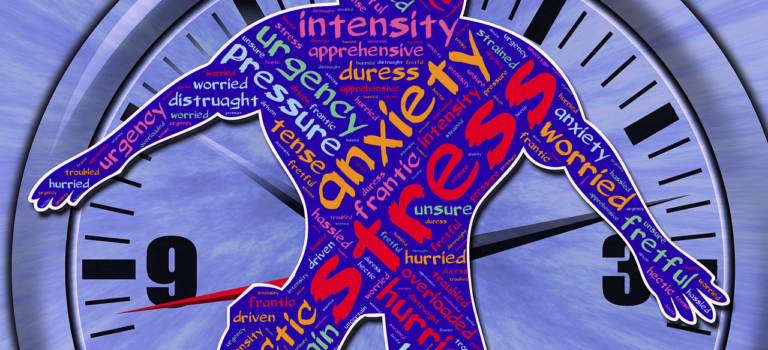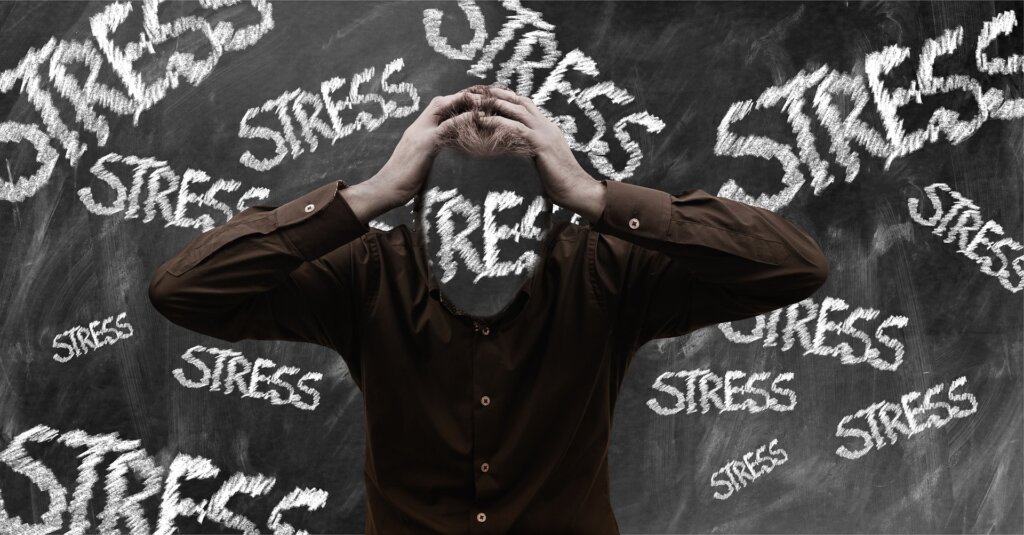Ashwagandha, scientifically known as Withania somnifera, is a revered herb in traditional Ayurvedic medicine, originating from India. Often referred to as the “Indian ginseng” or “winter cherry,” ashwagandha has gained global recognition for its adaptogenic properties, which help the body manage stress and maintain balance. The plant’s roots contain bioactive compounds, including withanolides, that contribute to its various health benefits. it is renowned for its ability to enhance the body’s resilience to stress, boost energy levels, and promote overall well-being. Additionally, it is believed to support cognitive function, improve sleep quality, and have anti-inflammatory properties. Its adaptogenic nature allows it to adapt to individual needs, making it a versatile herb for a wide range of health concerns. As interest in traditional remedies grows, this herb has become a popular supplement in wellness circles, with ongoing research exploring its potential applications in areas such as immune support, hormonal balance, and athletic performance.

Uses of ashwagandha
So what does ashwagandha do? Research shows that it can help in several ways:
- Normalizes cortisol levels, which reduces the stress response.
- 1.Reduces inflammation.
- 2.Reduces cancer risks.
- 3.Improves memory.
- 4.Improves immune function and anti-aging properties.
- 5.Eases stress and anxiety.
“People who are stressed or anxious, or people with chronic conditions might turn to ashwagandha to help ease their conditions,” .
How much should you take?
It comes in a variety of forms. It’s available in gummies, capsules, liquid drops and powders that you can mix into drinks.
So how much ashwagandha per day should you consume? Regardless of the form you use, Dr. Lin says dosing is usually 500 mg twice a day.
But is it safe? Dr. Lin says it mostly depends on the quality of the supplements. Her advice is to look for supplements that have been independently tested and verified by an outside company such as Consumer Lab, United States Pharmacopeia (USP), or National Sanitation Foundation International.

How to use ashwagandha for stress relief
Ashwagandha is an adaptogenic herb that has been used in traditional Ayurvedic medicine for centuries to help the body manage stress. It is believed to have stress-relieving properties and may help promote overall well-being. Here are some ways you can use ashwagandha for stress relief:
- Ashwagandha Supplements:
- Capsules or Tablets: One of the most common ways to consume is through capsules or tablets. Follow the recommended dosage on the product label or consult with a healthcare professional for guidance.
- Tea:
- Powdered Ashwagandha: You can mix powdered ashwagandha with hot water to make a soothing tea. Start with a small amount (about 1/4 to 1/2 teaspoon) and adjust according to your taste preferences.
- Tinctures:
- Liquid Extracts: Tinctures or liquid extracts are another option. You can add the recommended amount to water or another beverage. Again, follow the product instructions for proper dosage.
- Smoothies or Yogurt:
- Powder Form: If you can tolerate the taste, you can mix ashwagandha powder into smoothies, yogurt, or other foods.
- Oil for Massage:
- Ashwagandha Oil: Applying oil topically through massage may also be beneficial. The herb is believed to have anti-inflammatory properties that could help with physical manifestations of stress.
- Consult with a Healthcare Professional:
- Before adding ashwa or any other supplement to your routine, it’s essential to consult with a healthcare professional, especially if you have pre-existing medical conditions or are taking medications.
- Consistent Use:
- it may take some time to show its full effects. Consistent use over a few weeks is often recommended to experience the potential benefits.
- Be Mindful of Dosage:
- While it is generally considered safe, it’s crucial to follow recommended dosage guidelines. Too much of any supplement can have adverse effects.





